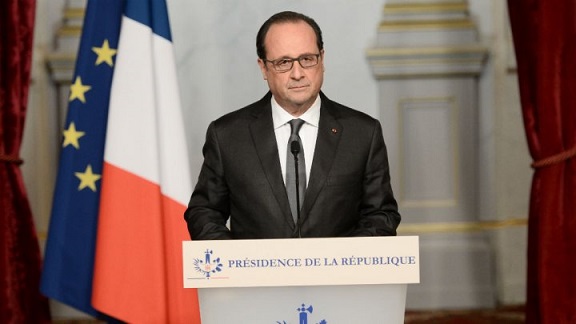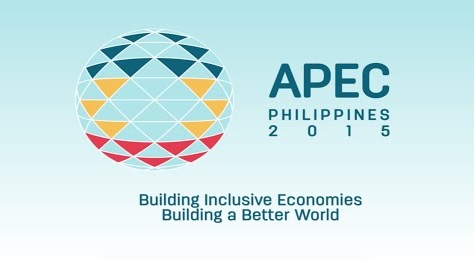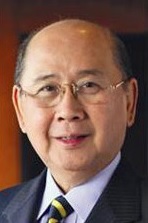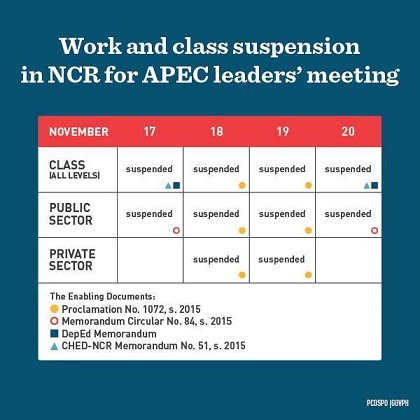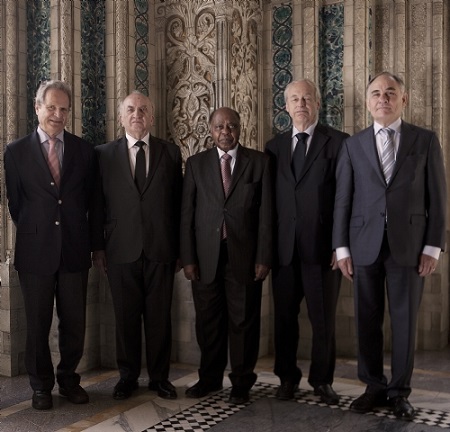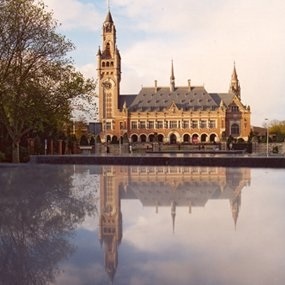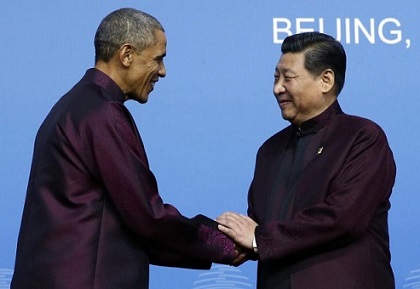
(On Tuesday, Nov. 17, on the sidelines of the 23rd APEC Leaders Meeting, President Aquino and Vietnam President Truong Tan Sang will hold bilateral talks in Malacanang. They will finally be signing the “Joint Statement on the Establishment of a Strategic Partnership between the Republic of the Philippines and the Socialist Republic of Vietnam” which had long been prepared. VERA Files is reposting this article which was first published on April 24, 2015.)
By Tessa Jamandre and Ellen Tordesillas
VERA Files
The Philippines and Vietnam have agreed to conduct joint naval drills and scientific studies amid concerns over China’s intensified reclamations in the South China Sea.
The planned activities are part of the soon-to-be signed “Joint Statement on the Establishment of a Strategic Partnership between the Republic of the Philippines and the Socialist Republic of Vietnam,” a copy of which was obtained by VERA Files.
In the strategic partnership agreement, which is considered a final draft until it is signed, the Philippines and Vietnam “reaffirm their commitment to resolve territorial and jurisdictional disputes by peaceful means, as well as to the freedom of navigation in and over flight above the SCS (South China Sea) all in accordance with universally recognized principles of international law, including the 1982 United Nations Convention on the Law of the Sea (UNCLOS).”
